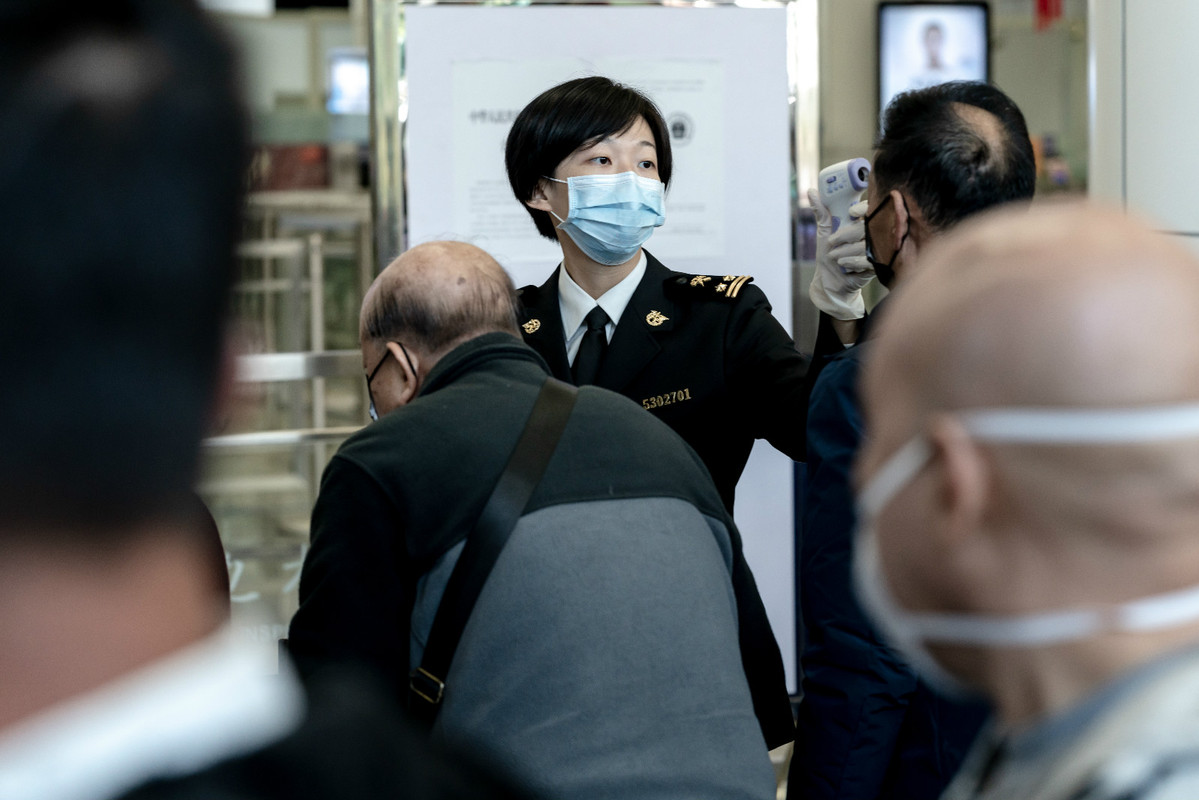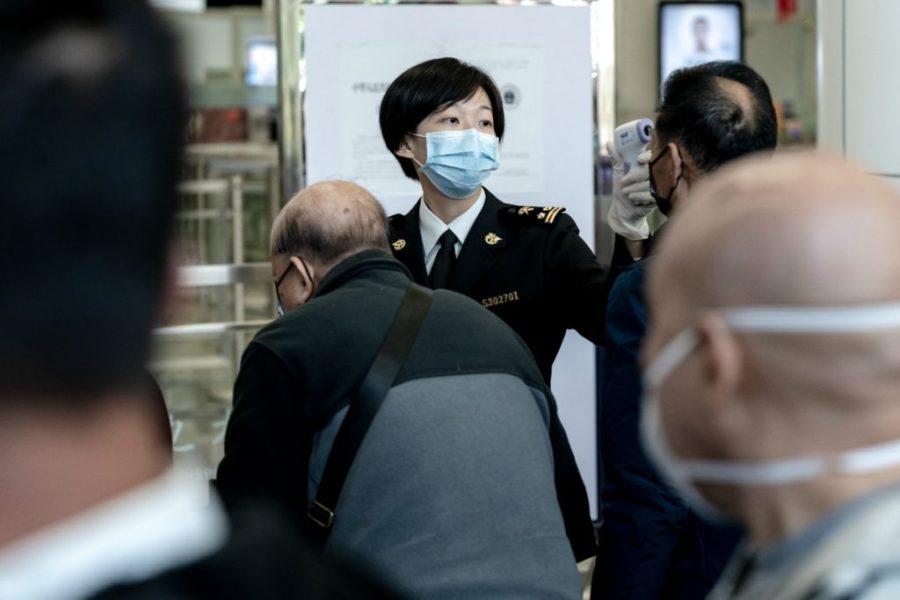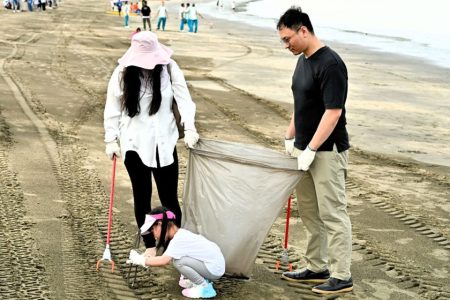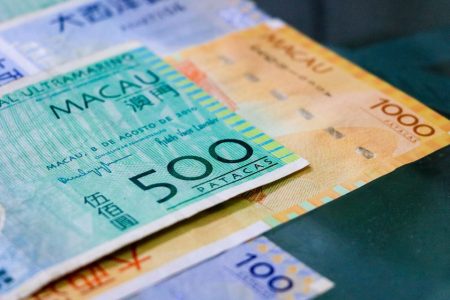As local coronavirus infections associated with overseas arrivals continue to increase in the mainland, stringent measures have been taken to trace and control the cases.
A number of provinces have reported such cases, with Guangdong recording 16, including 10 Chinese nationals, and 44 asymptomatic carriers associated with inbound arrivals by Saturday.
Guangdong had reported 183 imported cases, including 145 Chinese nationals, by Saturday.
The local coronavirus infection cases associated with those inbound arrivals were mostly caused by overseas travellers entering Guangdong before March 21, Duan Yufei, director of the provincial health commission, said at a news conference in Guangzhou on Sunday.
Since that date, all people travelling from foreign destinations to Guangdong have been required to undergo medical observation at home or designated places and take nucleic acid tests for the virus.
All travellers entering the Chinese mainland through checkpoints in Guangdong province have been required to take nucleic acid tests for the novel coronavirus and undergo a 14-day quarantine at designated places since March 27.
To intercept any potential risks brought by travellers from overseas who entered Guangdong before March 21, community screenings have been carried out.
Guangdong has been implementing a “five-shield” system to prevent the spread of coronavirus infections from people arriving in China.
The system consists of status check at checkpoints, medical observation and isolation at designated venues, community screening, fever clinics and treatment at hospitals.
Since April 5, screenings of people from high-risk countries have been carried out in Guangdong, with 6,353 people having been checked as of Saturday.
The risk associated with imported cases is under control, said Lin Keqing, vice-governor of Guangdong.
By Saturday, the provincial capital of Guangzhou had reported 119 imported cases and 13 local confirmed patients related to imported cases.
It is good that infections related to imported cases have been found in Guangzhou, Zhong Nanshan, a prominent Chinese expert in respiratory diseases, said at another news conference in the city on Sunday.
The key to epidemic control is early detection and installing related measures. The situation indicates the importance of preventing crowded public gatherings.
Since the outbreak has yet to be brought under control outside the country, the current measures are correct, he said.
Meanwhile, the situation regarding cases among the African community in Guangzhou has caused much concern.
Executive Vice-Mayor Chen Zhiying said on Monday 4,553 African people had been tested for the virus. Of those, 111 tested positive, 19 of which were imported cases. Some of them were asymptomatic carriers.
“The screenings led to the discovery of COVID-19 cases and makes them an important measure to safeguard the lives and health of African people in Guangzhou,” said Tang Xiaoping, director of the city’s health bureau.
The isolation and testing among African people has been identical to the measures for Chinese nationals and other foreigners in recent epidemic control work, said Chen Yongqiu, deputy director of the city’s public security bureau.
Macau is located in Guangdong province.
Xinhua contributed to this story.
(China Daily)
PHOTO © China Daily






